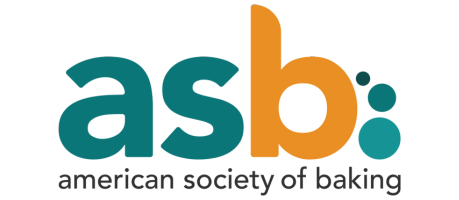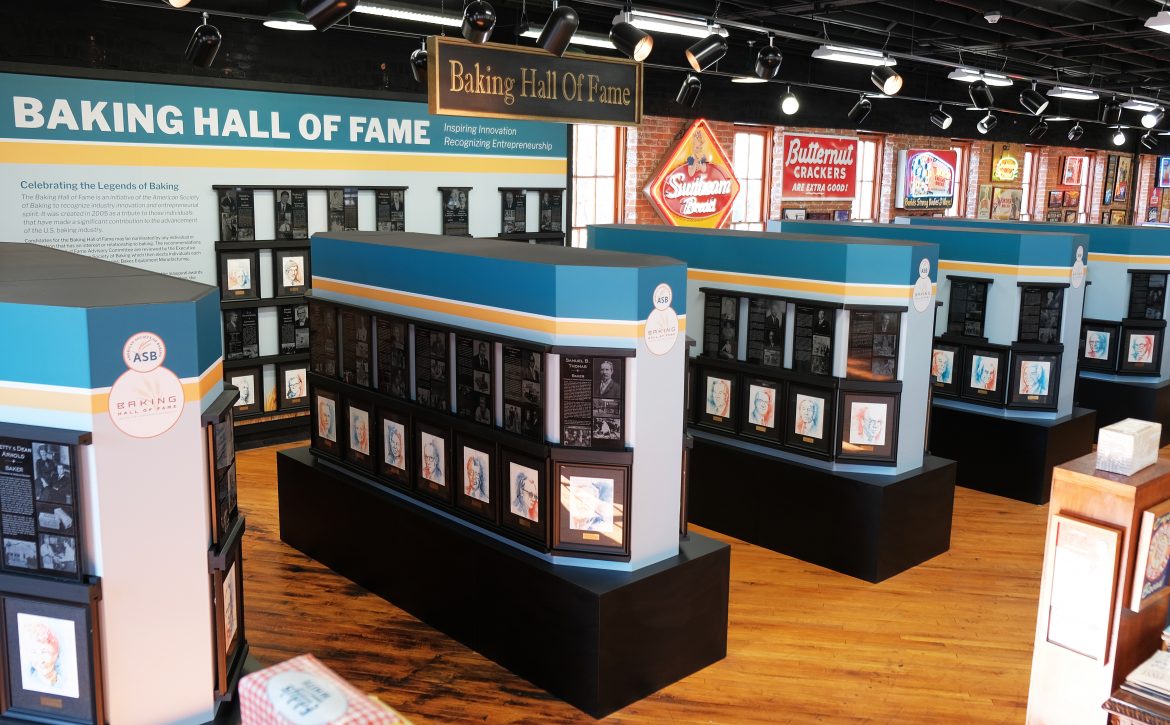Technical Presentation 1: A Different Approach to Sugar Reduction in Bakery Products
While sugar reduction technologies are not considered new to the baking industry, the focus on sugar reduction in bakery products has sharpened in recent years. Changes to the nutritional facts panel now require “Added Sugars”, sugar added during the food production process, to be labeled and quantified. According to pre-COVID studies, 71% of consumers are tracking sugar content in food, and 1 in 3 have a more negative perception of sugar than a year ago. Bakers have options when it comes to sugar reduction. Enzyme based sugar reduction systems can have limited effectiveness for replacing the sweetness of sucrose. High intensity sweeteners, like aspartame and sucralose, can impart negative flavor attributes when used to replace high levels of sucrose in bakery formulas. This presentation will explain the science behind the utilization of state-of-the-art fermentation technologies to extract key components of plant-based sweeteners for application in bakery products to reduce sugar. It will also demonstrate the positive impact on bakery sustainability as the fermentation technology used requires 60% less carbon footprint than other manufacturing methods.
Learning Objectives:
- Understand the fundamental science and impact of sugar reduction in bakery products.
- Understand the various methods commercially available for reducing sugar content, while maintaining the positive attributes of sugar in bakery products.
- Understand the impact on sustainability through the reduction of sugar in bakery products.
Presenter
Nicole Rees
AB Mauri North America


